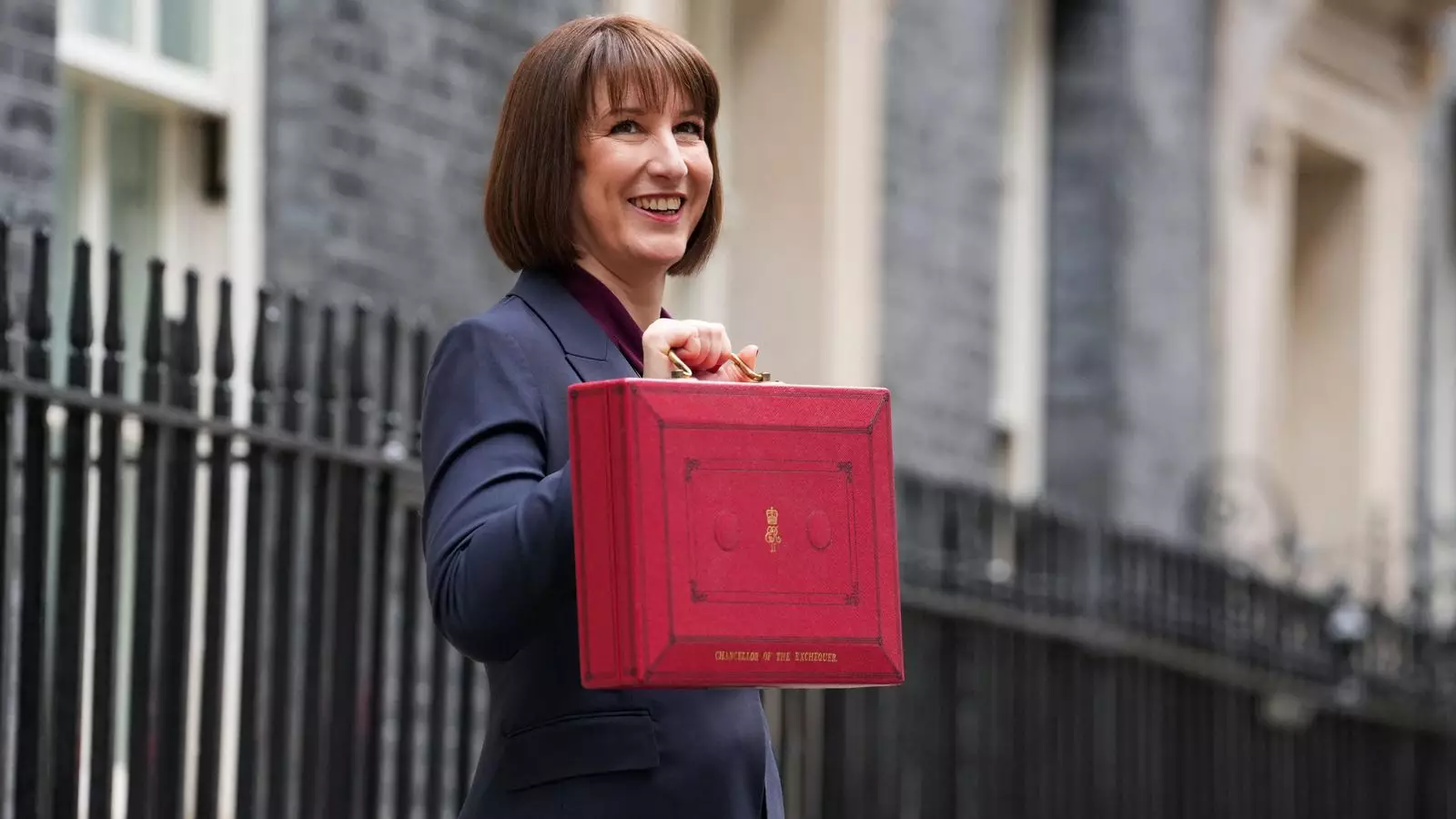As political elites circle around the upcoming autumn budget, whispers of imminent tax hikes cast a shadow over the nation’s economic horizon. The confirmation from senior ministers about the possibility of increased taxation signifies more than a fiscal policy decision—it reflects a societal gamble with fairness and economic stability. The government seems poised to maneuver away from marginal spending cuts, opting instead for more revenue—possibly from the hardworking middle class—raising profound questions about whose burden really lies at the heart of fiscal responsibility.
Such decisions are not made in a vacuum. They mask deeper issues of economic equity and social cohesion. The government’s narrative that tax hikes are a necessary evil to fund vital services like healthcare and defense often ignores the underlying inequality that burdens those already struggling to make ends meet. It is an illusion to believe that increasing taxes on the modest-income working population—who are the backbone of the economy—will foster fairness or promote social mobility. In truth, it risks perpetuating a cycle of financial insecurity for the very people who contribute most to society.
Empty Rhetoric and Political Posturing
The government’s insistence that fairness will guide taxation plans appears hollow amidst the political theater. Minister Heidi Alexander’s cautious non-commitment underscores a troubling ambivalence—pretending to guard against unfairness while subtly signaling an acceptance of future burdens upon citizens. Her refusal to specify what taxes may rise reveals keen awareness of public discontent, yet offers little in the way of transparent policy.
Meanwhile, the opposition, through figures like Chris Philp, seizes the moment to amplify partisan divides, framing tax increases as economic sabotage while painting the government as incapable of reform. Such rhetoric distracts from the real issue: the growing inequality and the risk that these potentially regressive measures will deepen societal divides. It’s a spectacle of political jockeying, with little genuine concern for the economic welfare of ordinary families.
The fallout from failed welfare reforms further complicates the landscape. Keir Starmer’s attempt to adjust Personal Independence Payments was thwarted by internal rebellion in Labour ranks, illustrating how political disagreements and ideological rigidity may hinder pragmatic solutions. Now, the government faces the uncomfortable necessity of finding billions in extra revenue, and the obvious choice appears to be increased taxation—an approach that challenges the principles of fairness and economic growth.
The Hidden Cost of Fiscal Austerity
This looming austerity through tax hikes signals a troubling trend: prioritizing short-term government revenue over long-term social stability. Instead of exploring innovative approaches like progressive taxation, targeted investments, or cutting unnecessary expenditures, policymakers lean toward a more blunt instrument—raising taxes on those who can least afford it.
The belief that these measures will sustain vital services like the NHS and military commitments risks overlooking the vital importance of social investment. Social programs should strengthen a resilient economy; instead, the current trajectory risks exacerbating inequalities, undermining social trust, and weakening the social fabric. The government’s reluctance to discuss concrete plans signals a lack of real political courage—an avoidance of the hard conversations about how to equitably fund society’s needs without unfairly penalizing the working class.
Furthermore, this approach questions the very essence of social justice. If we accept that those with modest incomes should shoulder the burden for a society that benefits from their work, then we are perpetuating a system that favors the wealthy at the expense of fairness. Instead of viewing taxation as a shared responsibility, we risk turning it into a weapon wielded primarily against the vulnerable.
A Call for Balanced Responsibility
The path forward should challenge the simplistic narrative that more taxes are the only solution. A truly fair approach would involve a nuanced understanding of economic growth, social investment, and fiscal responsibility. This means demanding that the government broaden its perspective—prioritizing fair, progressive taxation, closing loopholes exploited by the wealthy, and investing strategically into public services.
The political debate must shift from reactive measures designed for short-term political gains to long-term strategies promoting social equity and economic vitality. Raising taxes may be necessary, but it must be accompanied by genuine reforms that ensure those who can afford to pay more actually do so, rather than further burdening those caught in the cycles of poverty. Only through an honest frankness about who bears the burden and who benefits can Britain truly forge a sustainable, equitable financial future.

Leave a Reply